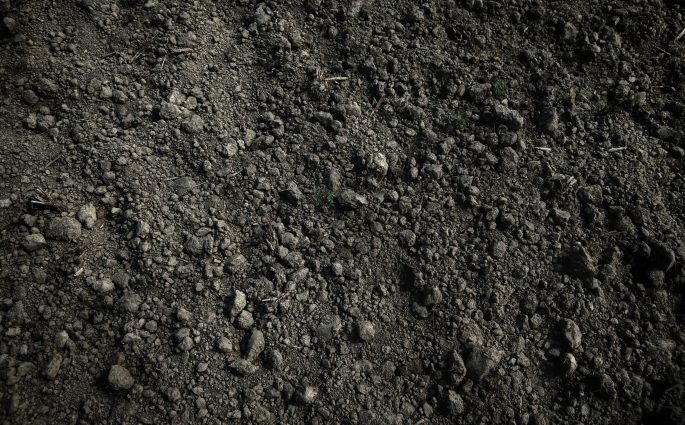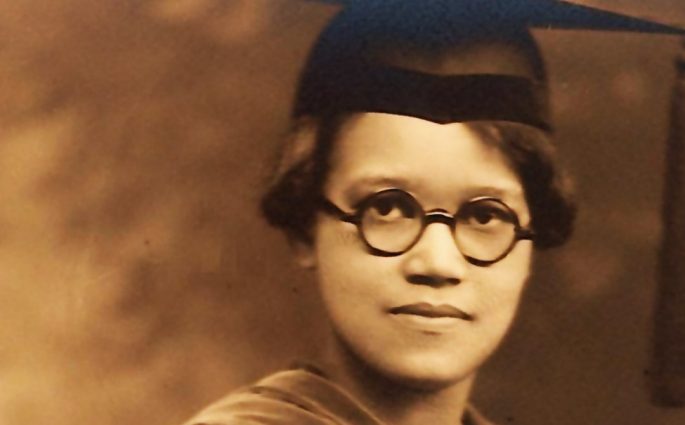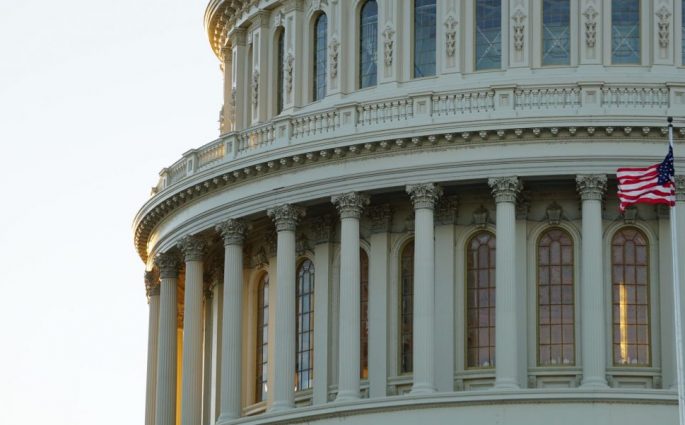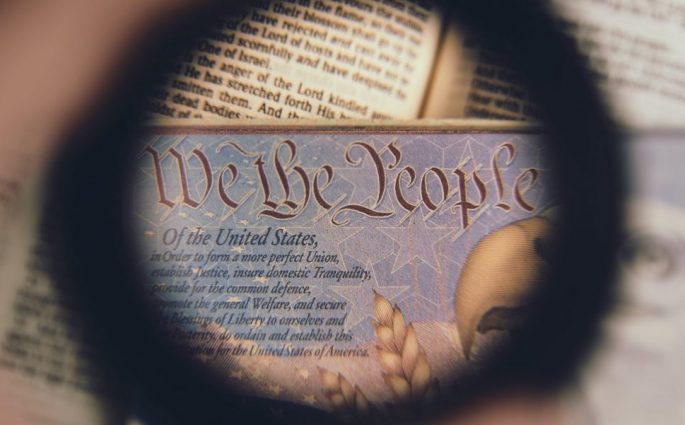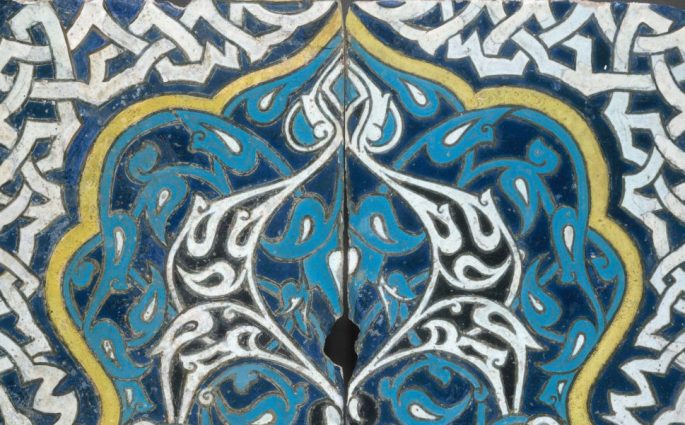COP26: INDIGENOUS VOICES IN GLOBAL SOIL (AND CLIMATE) POLICY
Jo Handelsman, Kayla Cohen, Garth Harmsworth, and Shaun Awatere tell us about the importance of soil and why the voices of indigenous people must be heard at the COP26 table. The 2021 United Nations climate change conference, COP26, marks the world’s next big step toward limiting global warming to 1.5























